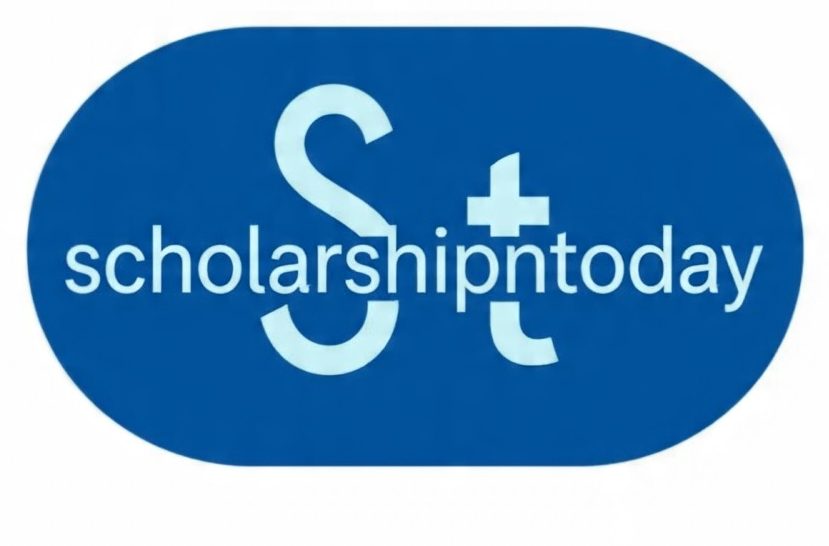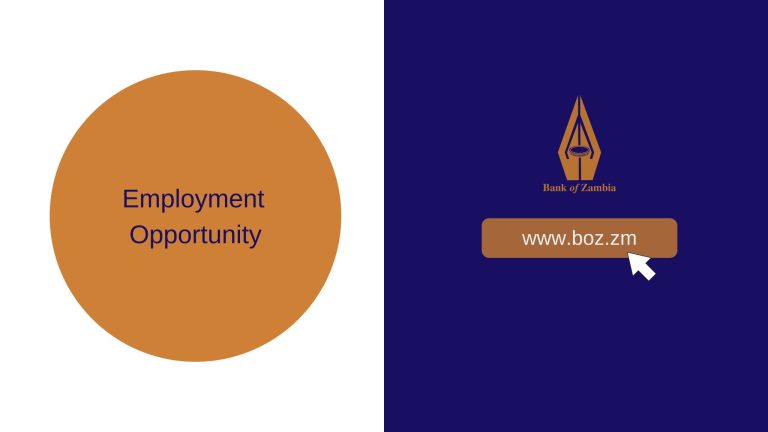Transcript Evaluation for Study Abroad: Complete 2025/2026 Guide
Transcript Evaluation for Study Abroad: Everything You Need to Know
Understanding Transcript Evaluation for Study Abroad
When students decide to pursue higher education outside their home country, one of the first requirements that universities abroad emphasize is transcript evaluation for study abroad. This process ensures that the academic records obtained in one country are understood and fairly compared to the educational system of another.
For example, a Bachelor’s degree earned in Nigeria or India may not be directly comparable to the grading system in the United States, Canada, or Germany. To bridge this gap, universities often request that applicants submit their transcripts through certified evaluation agencies that interpret grades, credit hours, and coursework into a format acceptable to the host institution.
This step prevents confusion and creates a level playing field for applicants from diverse backgrounds. Without transcript evaluation, universities could struggle to assess whether an applicant meets admission requirements. For students, it provides credibility and a professional touch to their application package.
Many universities, especially in the USA, make transcript evaluation mandatory through agencies like World Education Services (WES) or Educational Credential Evaluators (ECE). Other regions, such as the UK or Europe, have their own systems, but the principle remains the same: converting local academic records into an internationally recognized equivalent.
Understanding this process is the first and most crucial preparatory measure for students dreaming of studying abroad in 2025 or 2026.
Why Transcript Evaluation for Study Abroad Matters
The importance of transcript evaluation for study abroad cannot be overstated. It acts as the official bridge that allows admissions officers to judge applicants fairly. Imagine a student who scored 80% in a country where 70% is considered excellent; without transcript evaluation, such a score might be misinterpreted as average by foreign institutions that grade differently.
This could drastically reduce the student’s chances of securing admission or scholarships. Transcript evaluation also helps in the recognition of academic achievements for job opportunities abroad. Employers, just like universities, need to verify that a candidate’s educational qualifications align with local standards.
Furthermore, transcript evaluation ensures eligibility for licensing and professional certifications. For example, medical, nursing, or engineering graduates planning to practice abroad must undergo credential evaluation to qualify for licensure exams. Another reason transcript evaluation is vital is transparency.
By hiring independent, government-approved agencies, universities and employers avoid fraudulent claims, ensuring every student competes based on merit. Moreover, many scholarships also require transcript evaluation before awarding funding.
Agencies like WES in the USA or NARIC in Europe play a pivotal role in setting these standards. Without completing this process, even the most brilliant students could face application delays, rejections, or lost opportunities. For aspiring international students, understanding its importance early helps in preparing documents, budgeting for costs, and avoiding last-minute hurdles.
The Process of Transcript Evaluation for Study Abroad
For students preparing applications in 2025 and beyond, knowing the process of transcript evaluation for study abroad is as important as the evaluation itself.
The process generally begins with selecting a recognized credential evaluation agency, often recommended by the university. Once chosen, students must gather academic documents such as transcripts, degree certificates, and detailed mark sheets. These are then submitted to the agency, either electronically or via sealed envelopes directly from the issuing institution.
The evaluation body then analyzes grading scales, course credits, and curriculum to produce an equivalent academic record understandable by the host country. There are different types of evaluations: course-by-course evaluations, which provide detailed comparisons of each subject, and document-by-document evaluations, which summarize overall qualifications. Universities often prefer course-by-course evaluations for graduate-level programs.
The duration of the evaluation process varies; some agencies complete it within a week, while others may take up to a month. Fees also differ by country and agency, ranging from $100 to $300. Applicants must also note that incomplete or forged submissions can lead to outright rejection and even a ban from applying.
To ensure accuracy, students should always verify the agency’s credibility from official university websites. Trusted resources like ScholarshipnToday regularly provide updates on universities that accept WES or ECE reports. Understanding and following this process carefully can make or break an international application.
Choosing the Right Agency for Transcript Evaluation
Selecting the correct agency is a crucial preparatory step in transcript evaluation for study abroad. Not every evaluation agency is accepted by every university, which means applicants must confirm requirements before spending time and money.
For example, while WES is widely recognized in the USA and Canada, some universities in Europe or Australia may prefer other local agencies. Similarly, professional organizations in healthcare or engineering may have strict requirements about which evaluators they accept. Students must research carefully through official school portals to avoid mistakes.
Another factor in choosing the right agency is the type of evaluation report needed. Some institutions demand a detailed course-by-course evaluation, especially for graduate programs, while others accept document-based reports. Cost and processing time also matter; agencies like ECE and WES provide different packages depending on urgency. Beyond these, applicants should consider customer support, refund policies, and additional services such as electronic transcript delivery directly to universities.
Agencies with digital submission systems save time and ensure accuracy. For instance, WES has direct partnerships with many universities, meaning reports are delivered securely online. When deciding, students should also read reviews or connect with alumni who have gone through the same process.
Outbound resources such as NAFSA provide valuable guidance for international applicants. Choosing the right evaluator is not just about compliance—it’s about improving the credibility and competitiveness of your entire application package.
Preparing for Transcript Evaluation: Final Steps and Tips
Once you understand the process and choose an agency, the final phase of transcript evaluation for study abroad involves preparation, accuracy, and timing. Applicants should start by requesting official transcripts from their home institutions well ahead of deadlines, as universities abroad often reject incomplete evaluations.
Keeping multiple sealed copies of transcripts is a smart strategy because agencies and universities may request separate submissions. Financial preparation is equally vital—budgeting for evaluation fees, courier costs, and translation services where needed.
Many agencies require certified translations if transcripts are not in English, French, or German. Students should also maintain digital scans of all documents for backup purposes. Another essential tip is to synchronize transcript evaluation with scholarship and admission deadlines. Delays in evaluation often result in missed opportunities, so applicants must begin this process at least three to six months before applying abroad.
Additionally, mindset preparation is important: patience and attention to detail reduce errors. Remember, evaluation agencies handle thousands of requests, and mistakes in submission can cause unnecessary setbacks. To maximize chances, students should follow checklists provided by agencies or admission portals.
Inbound resources like ScholarshipnToday’s guides help applicants stay updated on transcript and credential evaluation policies across various countries. Ultimately, success lies in combining foresight, organization, and professionalism.
With early preparation and the right strategy, transcript evaluation becomes not just a requirement but a powerful tool for securing international scholarships and admissions in 2026.
Learn more about preparing documents for scholarships at ScholarshipnToday.
Official guidelines on evaluation agencies are available at WES.







